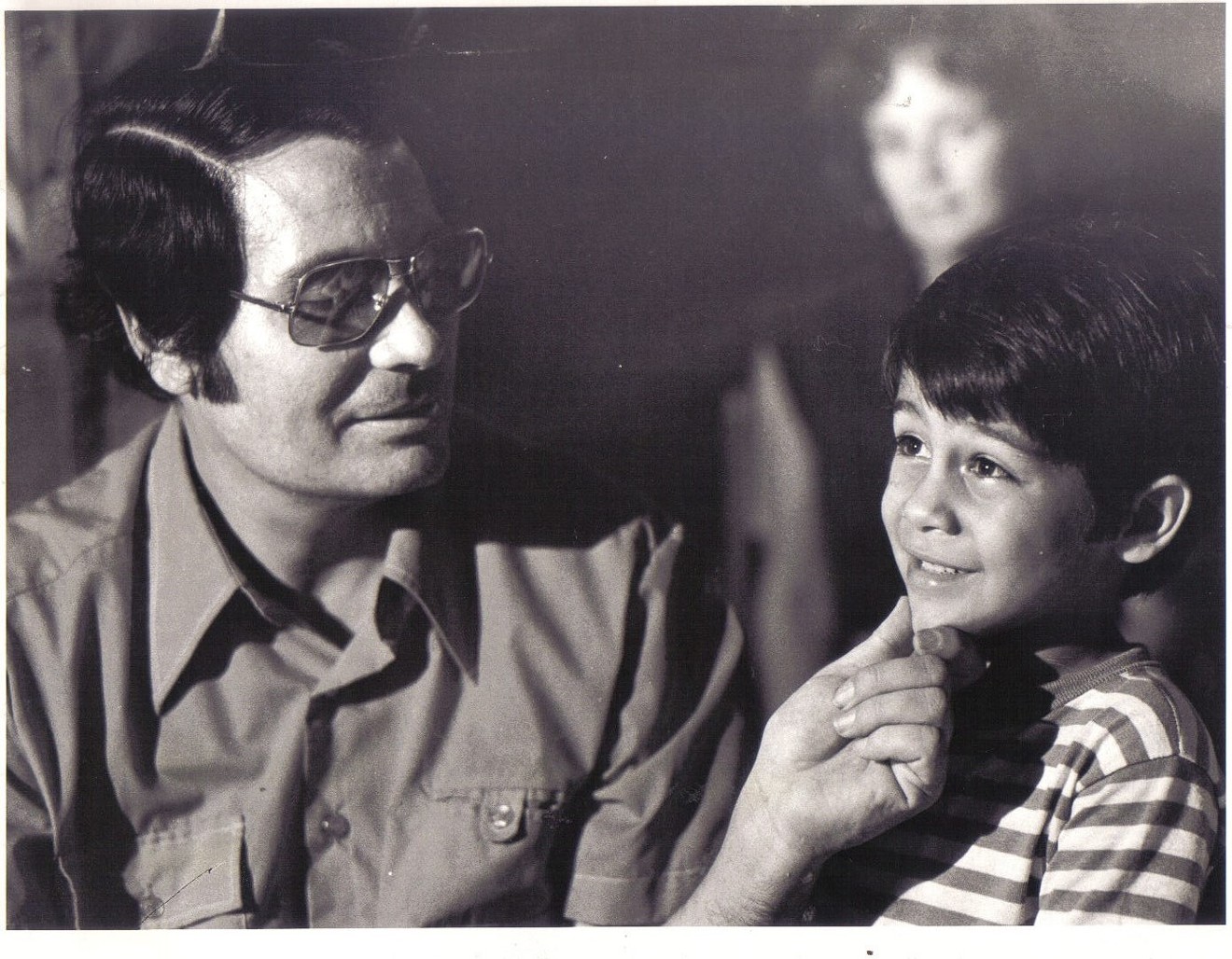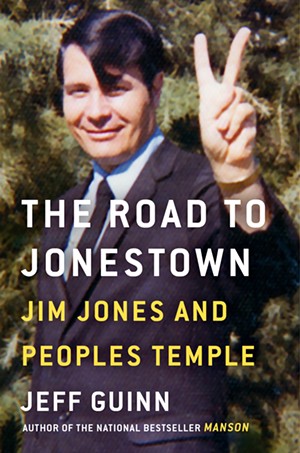By Jeff Guinn
Simon and Schuster, 544 pp., $28.
When the news filtered out of the deep jungles of Guyana in November 1978, it seemed too horrific to believe. More than 900 members of the Peoples Temple Church — including nearly 300 infants and children — were dead in an apparent mass suicide-by-poison-liquid-ingestion (or was it mass murder?) helmed by their charismatic but controlling leader, the Reverend Jim Jones.
By the time workers reached neatly laid-out bodies, nature had taken its course to the hellish scene, and two-thirds of the 918 dead were never legally identified. And many showed signs of going to their deaths less than willingly.
Also among the dead was a U.S. Congressman, Leo Ryan, who was on a fact-finding mission at the behest of concerned relatives back in California, and an NBC news crew documenting the visit, who had been shot to death on a tiny airstrip trying to leave with some Church members.
The latter were desperate to escape not only the primitive conditions of the compound, but the increasingly erratic, fatalistic and doom-laden prophecies of Jones – though they had all willingly followed them to the South American jungle in an effort to build a “Promised Land.” The name he bestowed on this colony was – of course – Jonestown.
As shocking as this cult’s action was at the time, perhaps the event’s greatest legacy has turned out to be the phrase in the vernacular “Don’t drink the Kool-Aid” – meaning don’t swallow or follow a leader’s claims blindly.
But as peerless journalist Guinn – who has also written about Bonnie and Clyde and Charles Manson – reveals here, that brand has gotten a bad rap all these years. The 1,800 doses of cyanide purchased by mail order for $8.85 were actually mixed in the less-expensive powdered drink Flavor Aid.
Road to Jonestown is a bumpy but utterly compelling ride in telling the tale of how a boy preacher obsessed with death, control and sex convinced so many (including many blacks and browns) to follow him with his unique mixture of scripture and socialism in which God, Christ and Lenin had equal billing. That he insisted his followers among various churches in various states call him “Father” should also be telling.
Guinn notes that Jones's horrific parental situation as a child led the young man to find solace in religion – though to a point where he would hold funeral services for animals, pretend he was Hitler and lecture teen friends about sexual practices.
At first in Indianapolis, Jones seemed like a normal preacher, albeit one hell-bent on promoting racial integration in society and his ministry, as well as offering programs for health and legal services and drug counseling.
But in further building his ministry, Jones became obsessed with faith healing, producing various body parts of chickens as proof of “cancers” he had pulled from the bodies of parishioners in on the scam.

Jonestown after the suicides/murder. So many corpses were so decomposed that U.S. military crews had to use snow shovels to scrape them into body bags.
Photo courtesy of Simon & Schuster
Guinn details the single time that Jones and busloads of his flock appeared in Houston, in 1971 at the invitation to speak at an African-American church curious about the Peoples Temple.
But rather than deliver a “regular” Bible sermon, Jones began a diatribe about the U.S. government and a “Sky God” worshipped by fools. Then, when he opined that the world was fast approaching a secular and spiritual disaster, he was asked to leave. Returning to his home base, he told followers that black Baptists in Houston had fallen under the control of the Ku Klux Klan.
By the time the Peoples Temple (and its people) started relocating from its last home of San Francisco to Guyana, Jones had also fully embraced megalomania, fueled by his “visions,” often coming after a huge and consistent intake of pills, including amphetamines. But as living conditions deteriorated in the “Promised Land” and Jonestown residents were commanded to beg for food and money from the natives of slums in nearby towns, things went downhill rapidly as relatives of Temple members began to make noise in the U.S.
Jones had often preached about a Masada-style mass suicide as a protest against enemies both real and imagined, and after the killing of Ryan, he had all the impetus he needed.
Using detailed research – including scores of interviews with parishioners and Jonestown survivors (not everyone drank the Kool…err, Flavor Aid), Guinn gets to many who have never before spoken of their harrowing experiences. And with this book, readers get to know the man behind the oft-heard phrase, and how Jim Jones's Cult of Personality could hold charity, love, megalomania and death in equal embrace. A harrowing tale.








